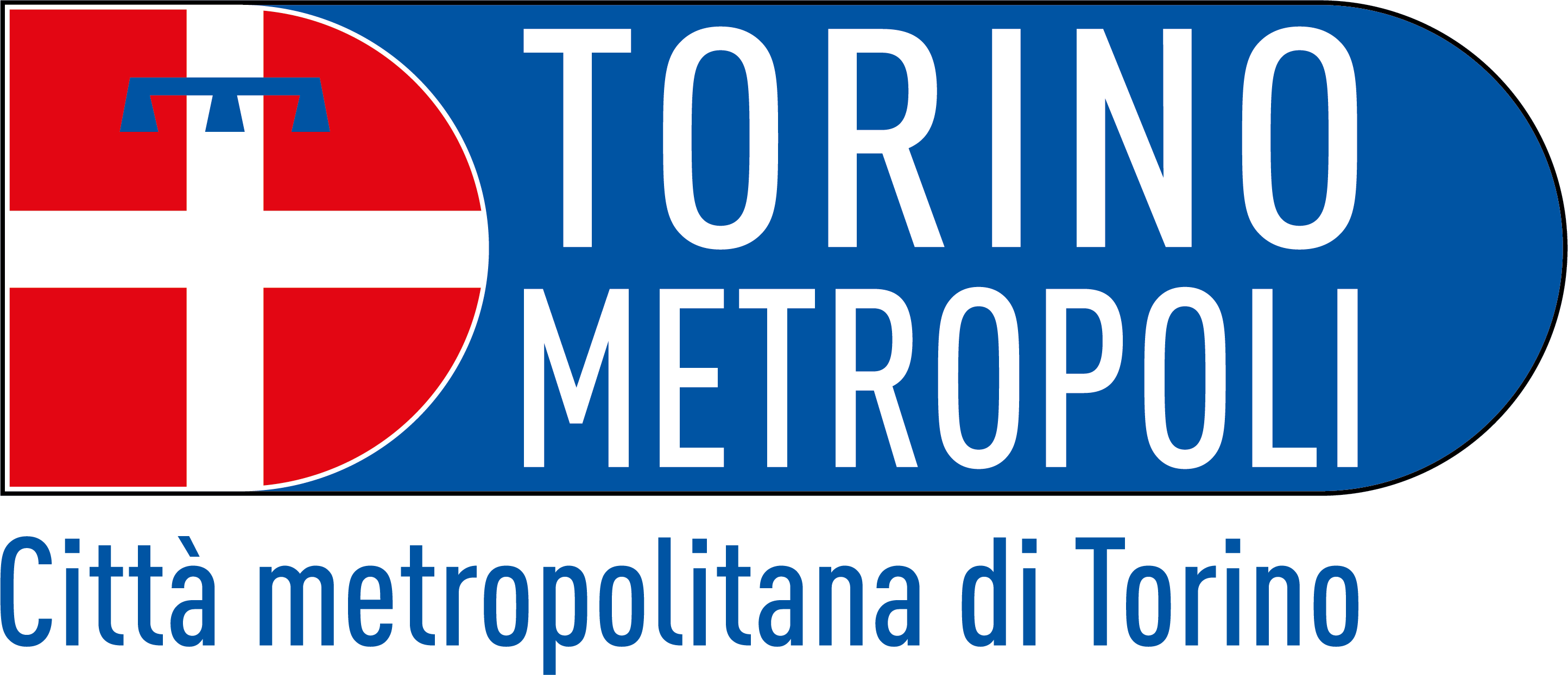The European Union has recently approved the new Regulation (EU) 2025/40 on packaging and packaging waste, with the aim of reducing environmental impact and promoting a more sustainable model of production and consumption. The new regulations will bring about significant changes for both businesses and citizens by incentivising recycling, reuse and waste reduction.
One of the most significant commitments is the prevention of packaging waste to avoid unnecessary waste. The target is an overall decrease of 5% by 2030, 10% by 2035 and 15% by 2040, compared to 2018 levels. This can be achieved by reducing the weight and volume of packaging or by banning packaging that is considered unnecessary, such as disposable packaging for fruit and vegetables.
As of 2028, all packaging placed on the market will have to be labelled to clearly indicate the materials of which it is made, facilitating proper separation for recycling. Likewise, reusable packaging will have to be labelled to inform consumers about their reusability. For citizens, this means an improvement in the identification of materials and, consequently, an easier separation of waste.
As of 2029, all EU countries will introduce a deposit system for beverage containers (plastic bottles and metal cans), except for those that demonstrate a 90% separate collection of single-use plastic bottles without the need for this measure. Countries like Germany, Norway and Sweden already have a DRS system that works very well, with collection rates above 90%. Italy will therefore have to decide whether to implement a national DRS or to improve separate collection to avoid the obligation imposed by the EU regulation.
In addition, supermarkets with more than 400 m² of floor space will be obliged to allocate a space to refill stations for bulk products. The innovation will also involve the catering sector, as from 2027 it will be mandatory to allow customers to use their own reusable containers for drinks and take-away food.
The new packaging regulation marks a decisive step forward for the environment, but also for citizens, who will have to adapt to a stricter and more sustainable waste management system. Although there may initially be small increases to cover compliance costs, the long-term benefits will be considerable, with a cleaner environment and more effective waste management.
For further information:
Regulation (UE) 2025/40 full version
Publication of the New Packaging Regulation (EU) 2025/40
